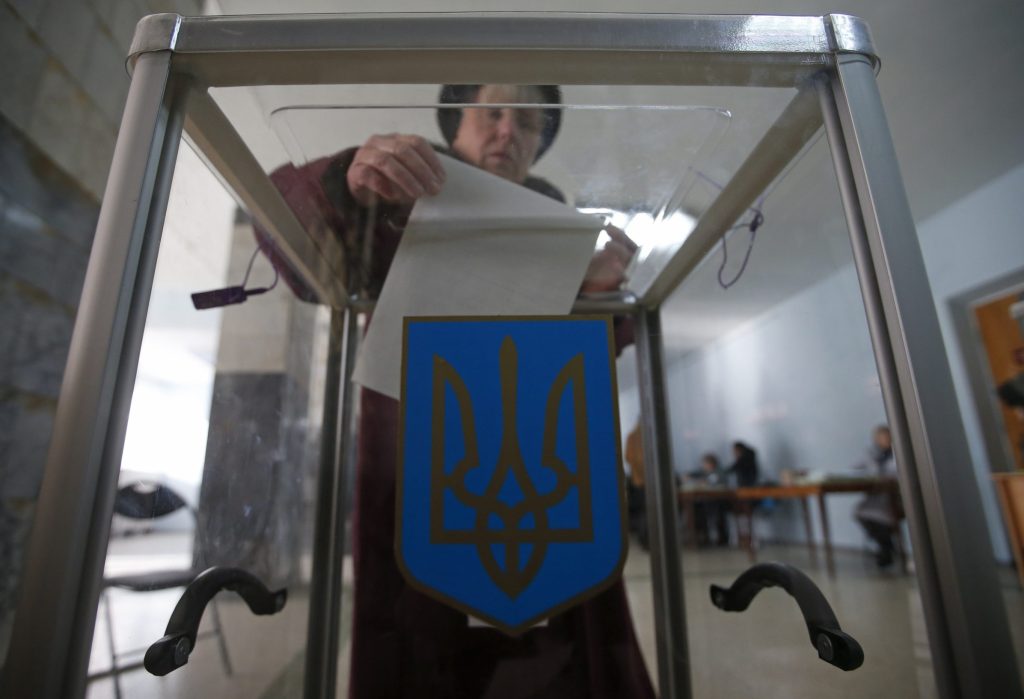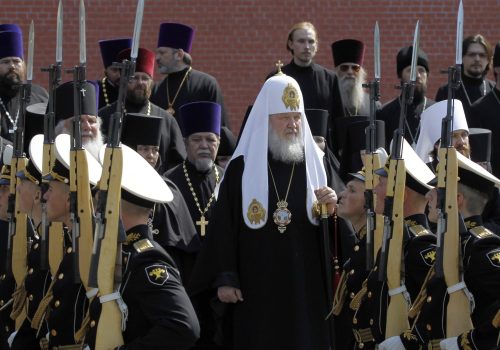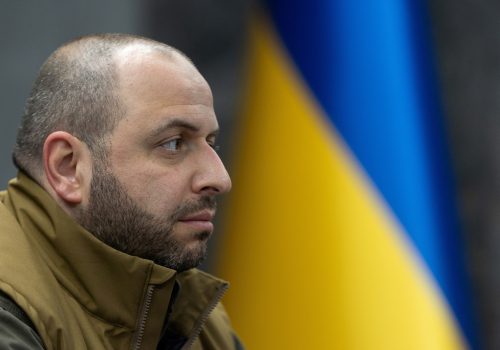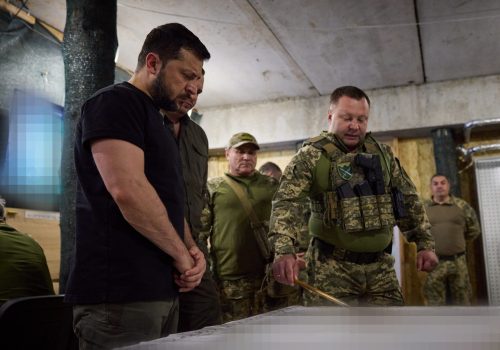Despite Russia’s ongoing invasion, a number of prominent international figures and commentators have recently suggested that Ukraine should proceed with the country’s scheduled presidential and parliamentary elections. Some have argued that Ukraine should do so even while fighting for its survival, possibly as soon as spring 2024.
These suggestions have raised eyebrows across Ukraine’s political spectrum and civil society. This sense of surprise is not solely because holding elections during an all-out war would contradict European history, standards, legal traditions, and, importantly, Ukraine’s own laws and public opinion, but also because some have suggested Ukraine needs to hold elections “no matter what” to establish its democratic credentials.
In stark contrast to neighboring Russia, Ukraine had already proven its commitment to democratic elections well before the current invasion began in February 2022. Moreover, Ukraine continues to make significant strides in realizing historic reforms in line with the nation’s European Union aspirations, even as it defends itself against Russia’s invasion.
As in democracies throughout the Western world, Ukraine’s laws correctly recognize that a nation cannot have free, fair, and safe elections during an all-out war. This recognition led democracies like France and the United Kingdom to postpone scheduled elections until after victory during both of the world wars in the first half of the twentieth century. It also led over 100 Ukrainian civil society organizations to recently publish a statement against holding elections during war.
Stay updated
As the world watches the Russian invasion of Ukraine unfold, UkraineAlert delivers the best Atlantic Council expert insight and analysis on Ukraine twice a week directly to your inbox.
Elections are clearly fundamental to democracies and Ukraine should return to its regular electoral schedule as soon as it is possible to provide the basic conditions for free, fair, inclusive, and safe votes. However, before this can happen, a number of preconditions must be met that are currently absent.
The key issue is security. For Ukraine to hold democratic and safe elections, Ukrainians, including the millions whom Russia has forcibly displaced and those fighting on the front lines, should be able to safely participate as candidates and voters. Moreover, international and domestic observers should be able to monitor the process without risk to life.
It is difficult to see how these conditions could possibly be met in the present security environment. Nearly 20 percent of Ukraine is currently occupied by Russia, while a further 20 percent is within immediate reach of Russian artillery. Civilians across the entire country are regularly terrorized by Russian drones and missiles flying far beyond the battlefield. In such conditions, it would be impossible to guarantee the physical safety of voters and election officials.
Russia has been targeting and attempting to influence Ukrainian elections for decades. In a state of all-out war, it is reasonable to anticipate that the aggressor would continue to maximize efforts to disrupt any symbols of democracy in Ukraine. This could include attacks on campaign events, voter registration offices, queues of voters, election administrations, and polling stations.
Eurasia Center events

Any elections in wartime Ukraine would also need to adhere to basic democratic standards. For a democratic election to take place, candidates and society should be able to focus on a free and vibrant political contest and not on staying alive while under daily attack. Candidates and parties must be able to campaign widely, raise funds, speak freely, and have equal access to the media.
Ukraine is currently under a state of martial law, and rightly so. Democratic elections and martial law do not mix. Under martial law, democratic nations temporarily limit certain rights that are essential for free and fair elections. That is why the authoritative Venice Commission has noted that it is allowable, even advisable, to postpone elections until after a state of emergency.
In summary, Ukraine should hold its next elections at a time when the country can guarantee the security and democratic standards of those elections. While this cannot be guaranteed during the current all-out war, Ukraine can reconfirm its deep commitment to democracy by restarting its electoral reform process immediately. Ukraine should make every attempt to thoroughly prepare, legislate, and equip itself well in advance for the best possible and least disruptive elections when the Russian invasion ends. The goal must be elections that allow for a well-managed, free, fair, inclusive, and secure contest that will contribute positively to the country’s recovery. Ukraine’s robust civil society and its citizens would expect nothing less.
Ukraine’s commitment to democracy is not in question. Ukrainians continue to fight for their freedom and for the democratic values that define their nation. The faster the international community expands its military and economic support for Ukraine’s victory, the faster the nation can get on with democratic elections for all its citizens.
Peter Erben is the principal advisor for IFES and senior country director for IFES Ukraine. Gio Kobakhidze is the deputy country director for IFES Ukraine.
Further reading
The views expressed in UkraineAlert are solely those of the authors and do not necessarily reflect the views of the Atlantic Council, its staff, or its supporters.

The Eurasia Center’s mission is to enhance transatlantic cooperation in promoting stability, democratic values and prosperity in Eurasia, from Eastern Europe and Turkey in the West to the Caucasus, Russia and Central Asia in the East.
Follow us on social media
and support our work
Image: A woman casts a ballot during a parliamentary election at a polling station in the town of Volnovakha in Donetsk region, eastern Ukraine, October 26, 2014. REUTERS/Maxim Zmeyev




